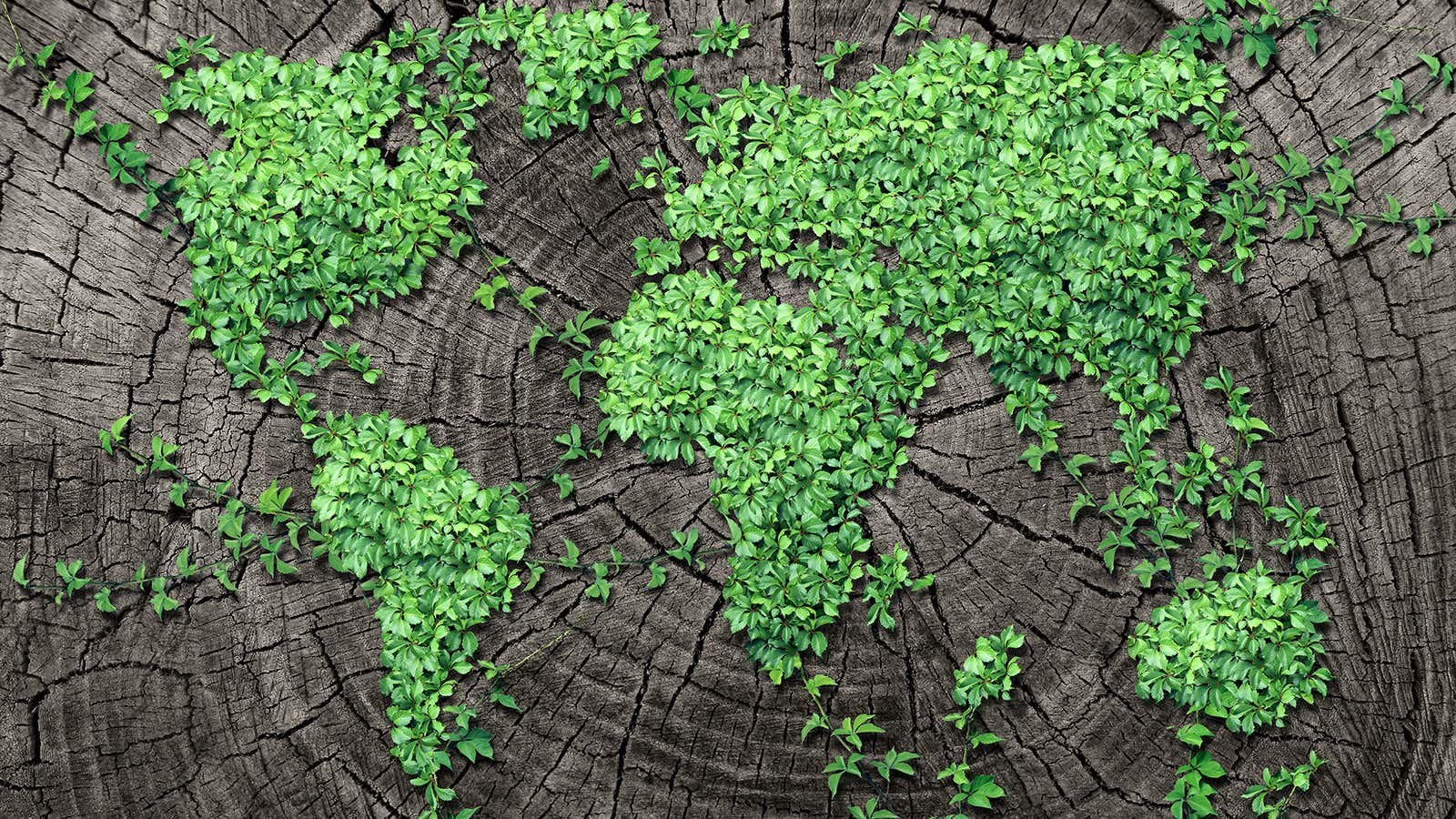Thailand is sharing its Sufficiency Economy Philosophy as a model to help other developing nations achieve the Sustainable Development Goals adopted by the United Nations in 2015.
The 17 Sustainable Development Goals (SDGs) cover aims like ending poverty, protecting the planet, and ensuring prosperity for all. But the final goal—to revitalize the global partnership for sustainable development—may be the most compelling, as it reinforces our potential to build a better world by working together. Many of the challenges we face, from climate change to evolving diseases, are borderless. Although we measure results on a nation-by-nation basis, our collective future is unsustainable unless nations can find ways to work together for the good of our planet.
As the 2016 chair of the Group of 77—the largest coalition of developing nations at the UN—the Kingdom of Thailand made its primary mission to enhance cooperation between the Global North and South and also to strengthen Global South nations. The latter group has called for the exchange of resources, technology, and knowledge between developing countries to help them achieve the SDGs. As the lead country in this endeavor, Thailand is leveraging its own Sufficiency Economy Philosophy (SEP) to transform this vision into action.
The SEP was first introduced by the late monarch, King Bhumibol Adulyadej, after decades of work dedicated to uplifting the nation’s poor. The philosophy is an approach to development, and to life, that is based on moderation, reasonableness and prudent decision-making. Its principles can be applied to farmers, communities, businesses and nations: it prescribes living in harmony with the environment and making wise use of resources in order to build resilience and wellbeing. In the context of the philosophy, sufficiency does not mean living in isolation. It calls for communities to work together for the common good—the very essence of partnership.
Building on this philosophy, Thailand aims to demonstrate the value of collaboration. In 2015, the Kingdom provided $78 million in Official Development Assistance to other countries through the Thailand International Cooperation Agency. That same year, foreign direct investment surpassed $58 billion—much of which went to the developing world. As a donor nation, Thailand is committed to providing funds, knowledge, technical assistance, scholarships, and capacity-building resources with less developed nations.
But even more important than funding, Thailand is sharing its knowledge and experience with the Sufficiency Economy Philosophy. To date, representatives from 105 countries have participated in workshops, seminars, and training courses hosted by Thailand on the philosophy and its applications.
Thailand has partnered with several countries to help them implement their own development projects based on SEP principles and methods. Timor-Leste is employing decision-making processes based on the philosophy’s framework for sustainable agriculture projects and to support the launch of small business. Cambodia has established a Sufficiency Economy village as a pilot for more communities. Indonesia is using sufficiency principles shared by Thai advisors for ecological farming projects that raise incomes and quality of life for villagers. And neighboring Myanmar is working with Thai partners to establish sustainable development centers and rural development projects.
The philosophy is even reaching local peoples far beyond Asia. In the southern African nation of Lesotho, Thailand has supported the establishment of a center to introduce integrated and agro-forestry farming that is protecting that nation’s environment while providing greater food security and livelihoods. Guillame Long, Ecuador’s Minister of Foreign Affairs, also sang the philosophy’s praises to the UN General Assembly last year: “Development approaches like the Sufficiency Economy Philosophy of Thailand, that promote development with values that not only complement the [SDG] agenda, but our own national development framework, will certainly help us in implementing the SDGs.”
Achieving the Sustainable Development Goals by 2030 will require commitment and perseverance. For some countries in the Global South with limited resources and capacity, the tasks at hand may appear enormous. But Thailand serves as an example of what’s possible: Despite its own limitations, Thailand achieved the Millennium Development Goals ahead of schedule, owing a significant degree of that success to the Sufficiency Economy Philosophy. Thailand is willing to partner with any country seeking knowledge, expertise and a proven path to sustainable development. Because there is only one way to build a better world—and that way is together.
This article was produced by the Ministry of Foreign Affairs, Thailand and not by the Quartz editorial staff.
